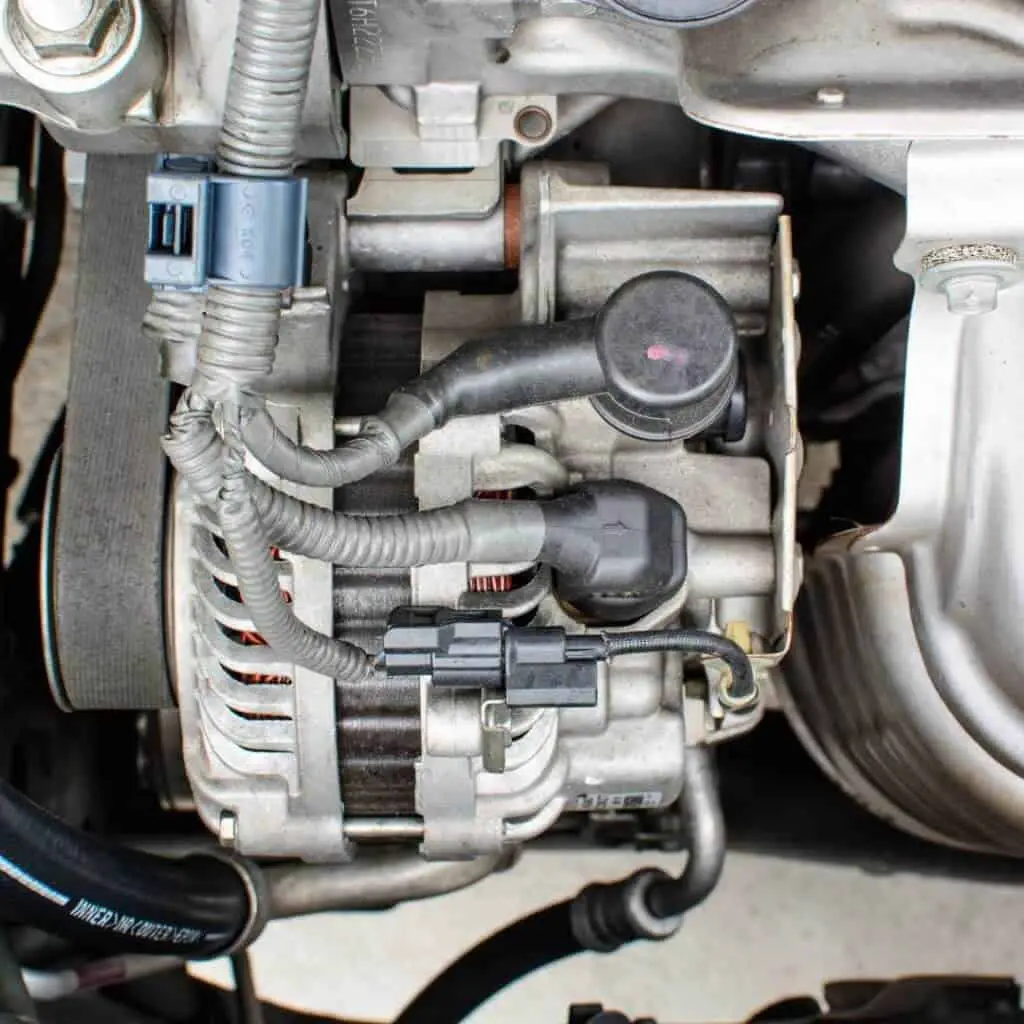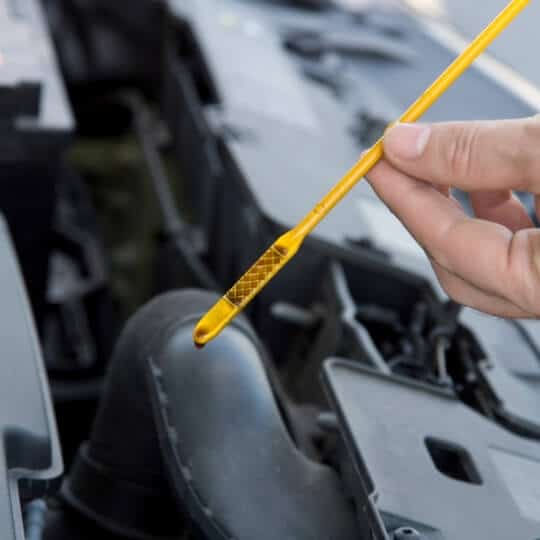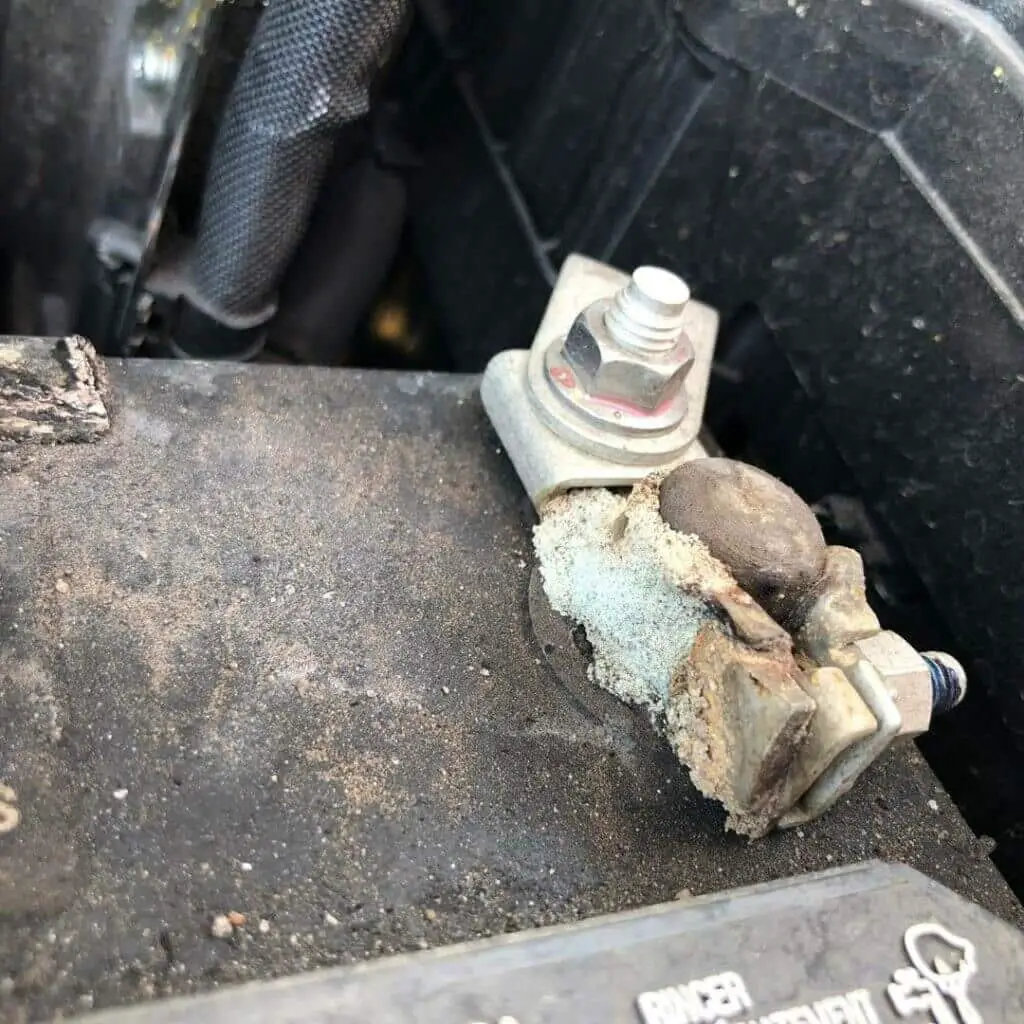In order to function well, a car engine needs oil pouring at regular intervals. You should put the proper oil prescribed by the car manufacturer. But what happens when you put the wrong oil. Will the wrong oil damage my engine?
Well, in the longterm wrong engine oil may damage your engine. This doesn’t mean that you can’t pick different brand with same oil viscosity.
Will The Wrong Oil Damage My Engine?

If the wrong grade of oil is used for an extended period, it may lead to improper lubrication of engine parts, which can result in serious damage. Components might not lubricate properly, leading to increased wear and potentially significant engine issues like timechain stretch. [1]
Additionally, using the wrong type of oil can affect the Variable Valve Timing (VVT) system found in many modern engines. For example, if a vehicle requires a lighter oil and a heavier oil is used instead, it can cause the VVT system to operate inefficiently, which may trigger check engine lights and lead to potential engine damage. [2]
What are the most common wrong oil in car symptoms?

You can notice some very obvious symptoms that speak about the fact that you put the wrong oil in your car. It’s important to say that some of them may not appear right away or they won’t appear at all.
They include:
- Oil Pressure Problems: The wrong oil can cause low oil pressure, which means that the oil isn’t circulating through the engine as it should. This can result in inadequate lubrication and potential engine damage.
- Overheating: As the efficiency of your oil fades, the engine can generate more heat, so it runs a bit hotter with the potential to overheat. Bad oil doesn’t remove heat as effectively as fresh oil, which can lead to overheating and potential engine damage
- Engine Seals: Different oils can have different effects on engine seals. Using an oil that isn’t compatible with your engine’s seals can lead to leaks and potential damage to the engine due to oil loss.
- Sludge Buildup: When oil breaks down, it can turn into sludge, which clogs up oil passages and prevents oil from reaching critical areas of the engine, potentially causing engine failure.
- Catalytic Converter Damage: If the wrong oil causes engine problems that lead to incomplete combustion, excess hydrocarbons can be emitted, which might eventually damage the catalytic converter.
- Turbocharger Problems: For engines with turbochargers, using the wrong oil can be particularly harmful. Turbochargers require specific oil properties to cope with the high temperatures they generate. The wrong oil can lead to coking and bearing damage.[3]
- Reduced Fuel Efficiency: Poor lubrication from bad oil can cause the engine to work harder, which may reduce fuel efficiency.
- Engine Noise: Worn-out oil can lead to increased engine noise, such as knocking, which indicates that engine parts are not being adequately lubricated.
- Poor Performance: Bad oil can cause a noticeable reduction in engine performance due to increased friction and reduced lubrication.
When you notice some of these symptoms of the wrong oil in a car, you should react accordingly. You should not drive your car because you can further damage your car’s engine. At the same time, you should change the oil and replace it with the oil prescribed by the manufacturer.
It’s important to change your engine oil and filters at the intervals recommended by your vehicle’s manufacturer. Regular maintenance ensures that the oil maintains its ability to lubricate, clean, and cool the engine effectively.
Related: Engines Explained TSI vs TFSI
Will thinner oils damage your engine?

Each oil solution comes with the exact viscosity type and you must know that the viscosity of the oil is responsible for the overall thickness of the oil. The higher the viscosity, the higher the thickness.
The temperature outside is also very important for the thickness of the oil, which is why different oils behave differently when it is hot or cold outside. When it is cold, oils usually become thicker.
The opposite stands for the times when it is hot outside. In these conditions, the oils become thinner. But, there is one question. Will thinner oils damage your engine?
If you use slightly thinner oils, there will not be problems with your engine. However, if you use very thin oils that are not made for your engine, you may face some problems.
Viscosity is one of the most relevant factors in oils, and it is important to use the right viscosity level that is presented in your owner’s manual. You can see the viscosity type on the oil package.
If you have 5W-30 oil and your car engine should be fueled with 10W-30 oil, there should not be problems. You can use an oil that is one grade higher or one grade lower than recommended, and this should not be a problem for your car engine.
We can notice the most recent trend in the automotive industry where numbers on oil packages are becoming lower and lower. You can buy 0W-60 oils and this is where most manufacturers base their approach on the efficiency of the engine. The lower the numbers, the better the engine efficiency. [3]
Related: Can You Mix 5w30 and 5w20
Can wrong engine oil cause smoke?

Yes, wrong engine oil can cause smoke, and this might be very problematic. If you notice white smoke from your car, this could be a sign that you put the wrong oil.
If the oil type and viscosity are not right, the engine will produce smoke extensively and this happens because the oil is not burning correctly. The oil goes to the exhaust and this results in blowing white smoke from the car.
Except for the wrong oil, there is a possibility to notice smoke from the car if you overfill the engine oil. In this situation, the overfilled engine oil is forced up to the cylinder wall and it is also forced into the combustion chamber. This creates an over-pressurized crankcase because the sump is overfilled.
Related: Castrol vs Liqui Moly
Conclusion
Now you know the answer to the question “Will the wrong oil damage my engine?” It will certainly produce damage and that is why you should be very careful every time you put the oil into your car. If you put the right oil, you will prolong the life of your car, and your driving experience will be good every time you use your car.
Read Next: Reduce Oil Level Mercedees




